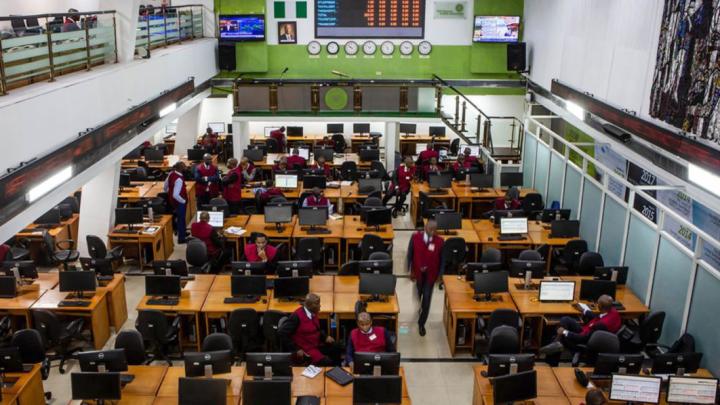Nigeria’s equity market continued its upward trajectory as investors’ confidence pushed the market capitalization to gain ₦77 billion, nearing the ₦60 trillion mark. The strong performance is attributed to sustained positive sentiment across key sectors, buoyed by a mix of favorable corporate earnings and macroeconomic developments.
At the close of trading on Wednesday, the All-Share Index (ASI) rose by 0.13% to settle at 113,750.43 points, marking a new high for 2024. This brought the total market capitalization to ₦59.91 trillion, driven by gains in blue-chip stocks across banking, industrial, and telecommunications sectors.
Key Drivers of the Rally
- Corporate Earnings
Strong quarterly results from listed companies have been a major driver of investor optimism. Leading banks and consumer goods firms reported robust profits, reinforcing market confidence. - Improved Macroeconomic Indicators
Recent data indicating GDP growth and efforts to stabilize the naira have also supported the rally. Investors are optimistic about the government’s fiscal and monetary policies fostering a more conducive business environment.

- Foreign and Local Participation
Increased participation by both foreign and domestic institutional investors has contributed to the market’s liquidity. The inflow of foreign portfolio investments, especially in financial and industrial sectors, is indicative of renewed interest in Nigeria’s capital market. - Sector Performance
Gains in the banking sector, driven by high-interest rates and improved earnings, as well as growth in industrial stocks like Dangote Cement and BUA Group, significantly boosted the index. Additionally, telecommunications giants such as MTN Nigeria and Airtel Africa continue to attract investor interest due to their resilience and growth potential.
Analysts’ Perspectives
Market analysts are optimistic about the near-term outlook for equities, given the robust earnings season and improving economic indicators. However, they caution against potential headwinds, including inflationary pressures and global market volatility.
“The market is clearly riding on positive sentiment, but sustaining this momentum will depend on continued economic reforms, stable exchange rates, and corporate performance,” said financial analyst Chijioke Udeh.
Outlook
With the market capitalization closing in on ₦60 trillion, stakeholders are hopeful that the equity market will maintain its strong performance into the year’s final quarter. The introduction of new policies aimed at fostering capital market growth, such as tax incentives and streamlined regulations, could further bolster investor confidence.
Despite potential challenges, Nigeria’s equity market continues to demonstrate resilience, offering opportunities for long-term growth and returns for investors.
Support InfoStride News' Credible Journalism: Only credible journalism can guarantee a fair, accountable and transparent society, including democracy and government. It involves a lot of efforts and money. We need your support. Click here to Donate
